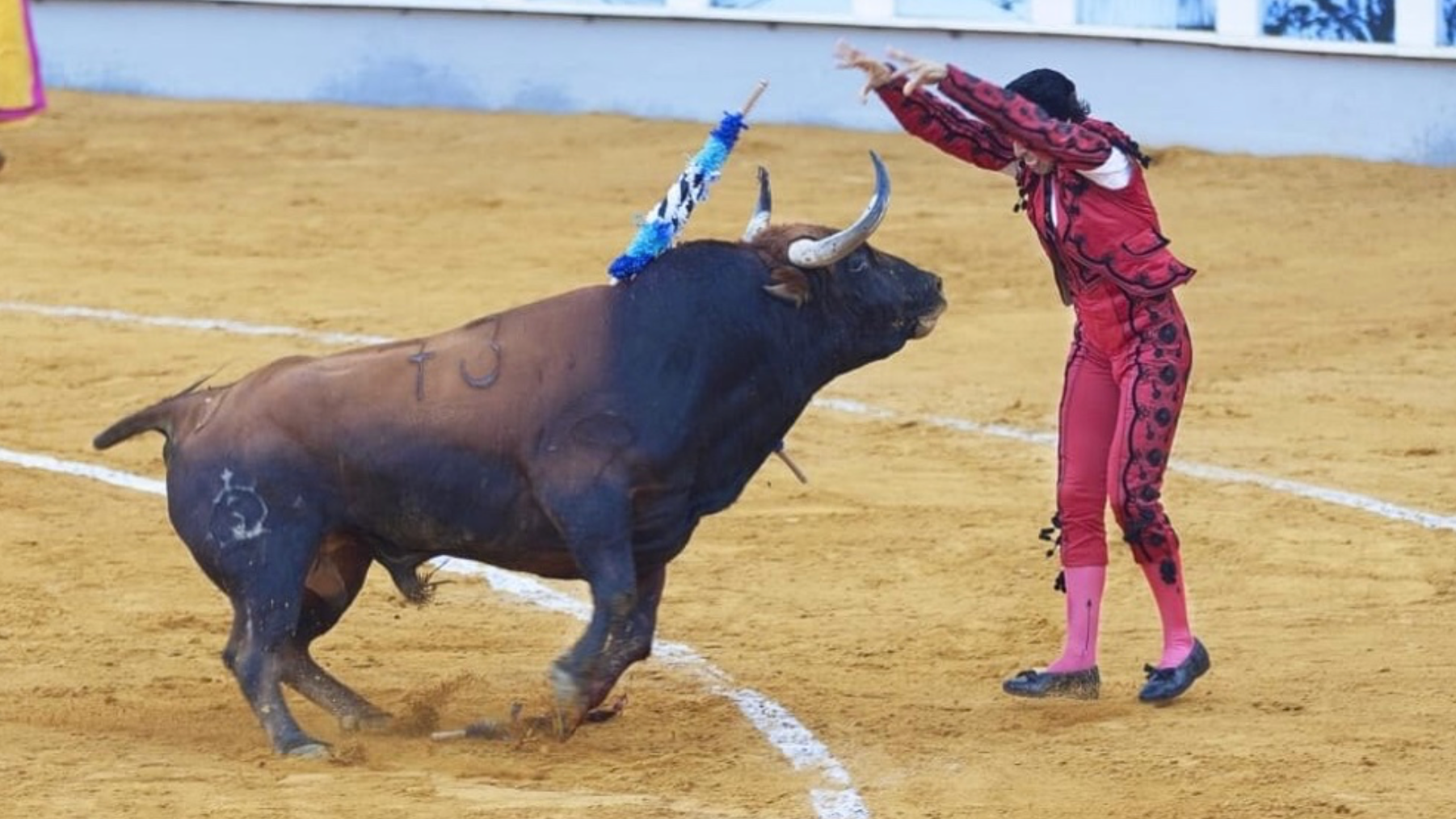Colombia’s congress voted on Tuesday to ban bullfights, a decision that targets a tradition dating back centuries but increasingly seen as controversial. The law will phase out bullfighting over three years, making it illegal by early 2028. This legislation now awaits the signature of President Gustavo Petro, a long-time opponent of bullfighting.
Bullfighting, which originated in the Iberian Peninsula, remains legal in a few countries including Spain, France, Portugal, Peru, Ecuador, and Mexico. Once popular and broadcasted widely, bullfighting has faced growing criticism due to changing perspectives on animal welfare, with many deeming it unacceptable to allow animals to suffer for entertainment.
Animal rights activists, like Terry Hurtado, view the ban as a significant victory in the fight against animal cruelty. Hurtado, a city council member in Cali who has led anti-bullfighting protests since the 1990s, expressed relief that bulls and horses will no longer endure such torture in Colombia and that children will not be exposed to these events.
In bullfighting, matadors face bulls bred for aggression, taunting them with red capes before killing them with a sword. This practice has been a part of Colombian culture since colonial times, though now less than two dozen municipalities still hold bullfights, with the annual event in Manizales drawing large crowds.
Supporters of bullfighting argue that the ban infringes on minority rights and could negatively impact cities that benefit from the tourism these events attract.






0 Comments